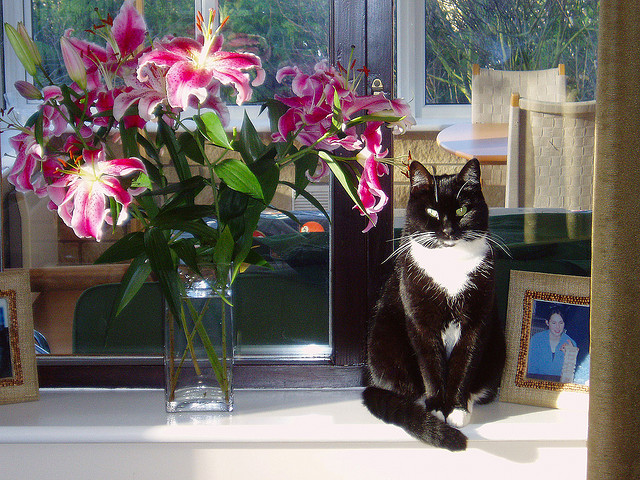Now that summer has finally arrived, the longer summer days will mean plenty of trips to the park, and lots of time spent gardening with Fido or Rover keeping you company. Summertime trips to the garden centre are a family favourite all over Australia, and this summer Dr Rachele Lowe urges pet owners to be aware of which plants in the garden can spell danger for our furry friends…..
Keen gardeners are often on the watch for damage their dog or cat may do to their carefully nurtured plants, but many would be surprised to know that there are a lot of plants out there that can cause severe illness, even fatalities, in our pets.

Most people are aware that the beautiful Oleander, seen in so many public gardens and suburban backyards is a deadly poison. So much so that the simple stirring of a cup of tea with a twig while on a picnic claimed a human life. Oleander is also poisonous to dogs but few dogs would be inclined to chew the plant. Young puppies can be a different story-they are much more likely to play with the twigs and fallen leaves.
Many of the beautiful plants in Australian gardens can have fatal results if ingested by pets.
The bulbs of Daffodils, Jonquils, Tulips, Spider Lilies, Nerines, and Crocus are all poisonous. Bulbs often prove an attractive toy for puppies or adult dogs – especially those who like to play with a ball. Burning bush, castor oil plant, Daphne, Foxglove, Golden Chain, Ivy, Larkspur, Lily of the Valley, Monkshood, Rhododendron, Sweet Peas are among others which are poisonous.
Lilies are also very toxic to cats and can cause renal failure. Ingestion of any part of the lily can be fatal – petals, pollen, or leaves – and so if you have a curious kitty at home it is advisable to ask your friends and family to avoid lilies in any bouquets of flowers they may buy for you, and instead opt for safer (and equally as beautiful) flowers like Roses.

Indoor houseplants are also best placed out of reach of the dog or cat, as Dumb Cane, Elephant Ears and Cyclamens may be chewed up by a bored pup or curious cat with often dire results. Keeping indoor plants out of reach is reccomended. It may also help to grow pet-safe plants such as Catnip or Cat Grass in the house so that your pet has a safe source of greeny to nibble on, should they so desire.
If your dog or cat eats a plant which you suspect may be poisonous, contact your local veterinarian immediately. If you are unsure of the toxic qualities or the identity of the plants, your local nursery should be able to help.
Gardeners also need to make sure they keep poisonous chemicals, such as insecticides and fertilisers, away from pets. Pets are best restricted from sprayed areas of garden, including lawns which have been chemically fertilised.
There are some common garden plants and grasses which may cause allergic reactions in pets.
Wandering Jew (trad) can cause dogs to get itchy feet, lower legs, and stomach as can paspalum and rye grasses. Keeping lawns mown to prevent seeding or restricting dogs to mown areas will help prevent a reaction to grasses.
Every spring, Veterinarians expect an influx of canine patients suffering from snail bait poisoning. This is a painful, distressing and mostly fatal toxin which is attractive to dogs. Pet owners should use non toxic methods of snail control or place baits where pets cannot reach them. A simple snail trap, placing a half full beer can into a hole in the garden attracts snails so they crawl in and drown.
You must seek urgent advice if you suspect your pet may have had access to snail bait.
Many areas have rabbit eradication programs involving the laying or poisonous carrots. While these are probably not attractive to dogs and cats, the rabbit carcasses will be, and when the stomach contents are eaten, this can be fatal. If you suspect your pet may have eaten a poisoned rabbit, you should contact your vet immediately.
Dr Rachele Lowe.
Mosman Veterinary Hospital
9 Canrobert St, Mosman, NSW 2088.
02 9960 2856.
Posted on 14 December 2018
Last updated on 11 December 2019


 Keeping Your Pets Cool This Summer
Keeping Your Pets Cool This Summer
